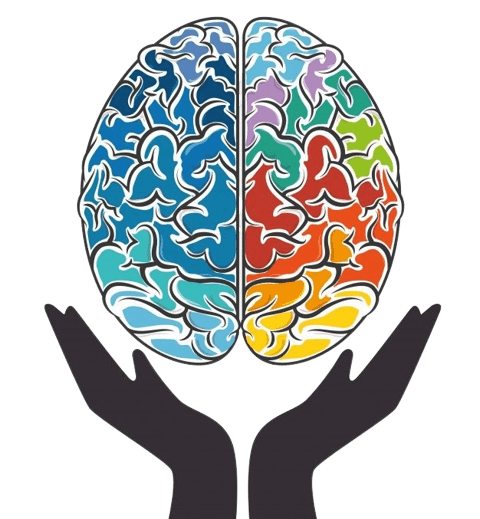Trauma & Abuse
Trauma can be described as any deeply distressing or life-altering event resulting in a psychological wound. For example, anyone who has experienced a violent crime, abuse of any kind, sexual assault, or an accident can be traumatised and experience troubling symptoms that can persist for months and years after the event.
Trauma can affect your emotional well-being, self-esteem and ability to cope with everyday situations. Yolanda Fihla caters to patients who have experienced trauma to help them overcome their symptoms and find mental well-being.
Symptoms of Acute Stress Disorder and PTSD
Experiencing trauma or abuse can result in Acute Stress Disorder, which refers to the symptoms that occur shortly after the traumatic event and Post Traumatic Stress Disorder (PTSD), which refers to the symptoms that occur long after the event and can last for years.
Signs of trauma include:
- Anxiety
- Experiencing dissociation or a sense of detachment from one's self.
- Memory loss about the details of the traumatic incident (Dissociative amnesia)
- Flashbacks and intrusive thoughts about the traumatic incident
- Nightmares
- Insomnia
- Difficulty concentrating
- Hypervigilance, experiencing a sense of impending danger
- Avoiding people, places and things that remind you of the trauma.
- Struggle and need help with keeping up with daily routines and responsibilities.
How psychotherapy can help you deal with the effects of trauma and abuse
PTSD symptoms can vary over time and may get more intense when you are reminded of the traumatic incident. This can be anything from hearing a sound or seeing someone that reminds you of the incident.
Psychotherapy can help you work through the trauma by giving you a safe place to express yourself, a deeper understanding of how the trauma has affected you and how to overcome negative feelings associated with trauma, such as loss, guilt and shame.

